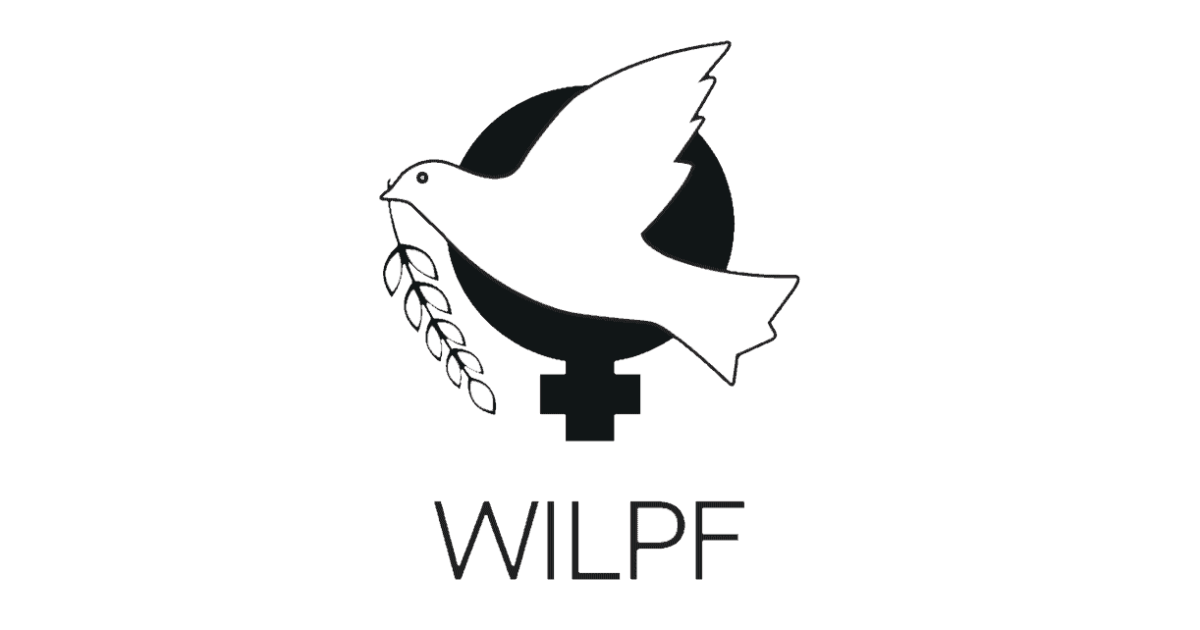Syria & Golan Heights
Syria & Golan Heights
Since 2011, Syria has been on the United Nations Security Council’s agenda, when President Assad’s aggressive actions against pro-democracy protesters during the Arab Spring became more frequent and increasingly violent, leading to civil war and terrorist violence within the country.
Insecurity is the primary concern for women, yet in spite of their limited operating environment, women activists have organized nonviolent protests, distributed and monitored humanitarian aid, documented human rights violations, created safe spaces for women and children, and worked at the local level to set up ceasefires, prisoner releases, and elections.
Based on the work of NGOWG members and their partners, the NGOWG advocates for ensuring women’s needs— such as secure access to sanitation facilities and hygiene, and health assistance— are adequately addressed, and that Syrian women are equally and meaningfully participating in the UN-facilitated political process and in the design and implementation of ceasefire monitoring mechanisms.
Golan Heights
Golan Heights, a disputed plateau in south-western Syria, is home to an equal number of Syrians and Jewish settlers, and since 1973, United Nations Disengagement Observer Force (UNDOF) peacekeepers have observed a contested territorial line between Israel and Golan Heights.
In the current Syrian conflict, Golan Heights has become a key strategic geopolitical position, causing an escalation in violence and increased violations of the ceasefire territorial agreements. Recent advances and attacks by the Islamic State of Iraq and the Levant (ISIL) have concerned residents of Golan Heights— particularly given ISIL’s systematic denial of women’s rights and perpetuation of violations against women.
Based on the work of NGOWG members and their partners, the NGOWG advocates for addressing the increasing gender imbalance in UNDOF by deploying a higher percentage of women, and inclusion of gender-specific language in the UNDOF mandate.
Current and Past Recommendations to the UN Security Council (Monthly Action Points)
As the conflict in Syria enters its tenth year, the international community has continued to fail to deliver a meaningful response. Over 5.6 million people have fled Syria since 2011, and there is an urgent need for humanitarian assistance in the North West as more than a million people have been displaced by fighting, over 80% of whom are women and children according to UN agencies. Those arriving in displacement camps have struggled to find shelter amid freezing winter temperatures. Moreover, as the COVID-19 pandemic continues to spread across the region, there is growing concern that a major outbreak in Syria would be catastrophic. The Council must ensure serious measures are taken, especially within areas of large population density of already vulnerable people, such as displacement camps. Displacement increases the risk of sexual and gender-based violence and other violations that disproportionately affect women, such as making them more dependent on others for safe passage, shelter, and essential services. SGBV, including forced marriage or so-called “honor crimes,” is high in camps such as Al Hol (UNFPA) and other open spaces where women live in informal settings. The Council must call for rights-based, survivor-centered humanitarian action that is gender-responsive and provides immediate and non-discriminatory aid and quality health services, including sexual and reproductive health. There must be continued efforts to support women’s meaningful participation in all peace and political processes. The Office of the Special Envoy (OSE) should prioritize meaningful participation, dialogue and inclusion of Syrian women activists, peacebuilders and human rights defenders. As a means of ensuring accountability, briefings by senior UN officials must include gender-sensitive conflict analysis, including barriers to women’s full, equal, and meaningful participation (S/RES/2449 (2018), OP 12). International human rights law and humanitarian law norms, such as gender equality, must be firmly enshrined in the new constitution in order to ensure that women’s rights are guaranteed in Syria’s future and that women are able to participate equally and meaningfully in social, economic and political life. Finally, the outcomes of the February 2020 meeting of the Security Council IEG on WPS should be reflected throughout all future meetings on Syria.
Relevant Resources








